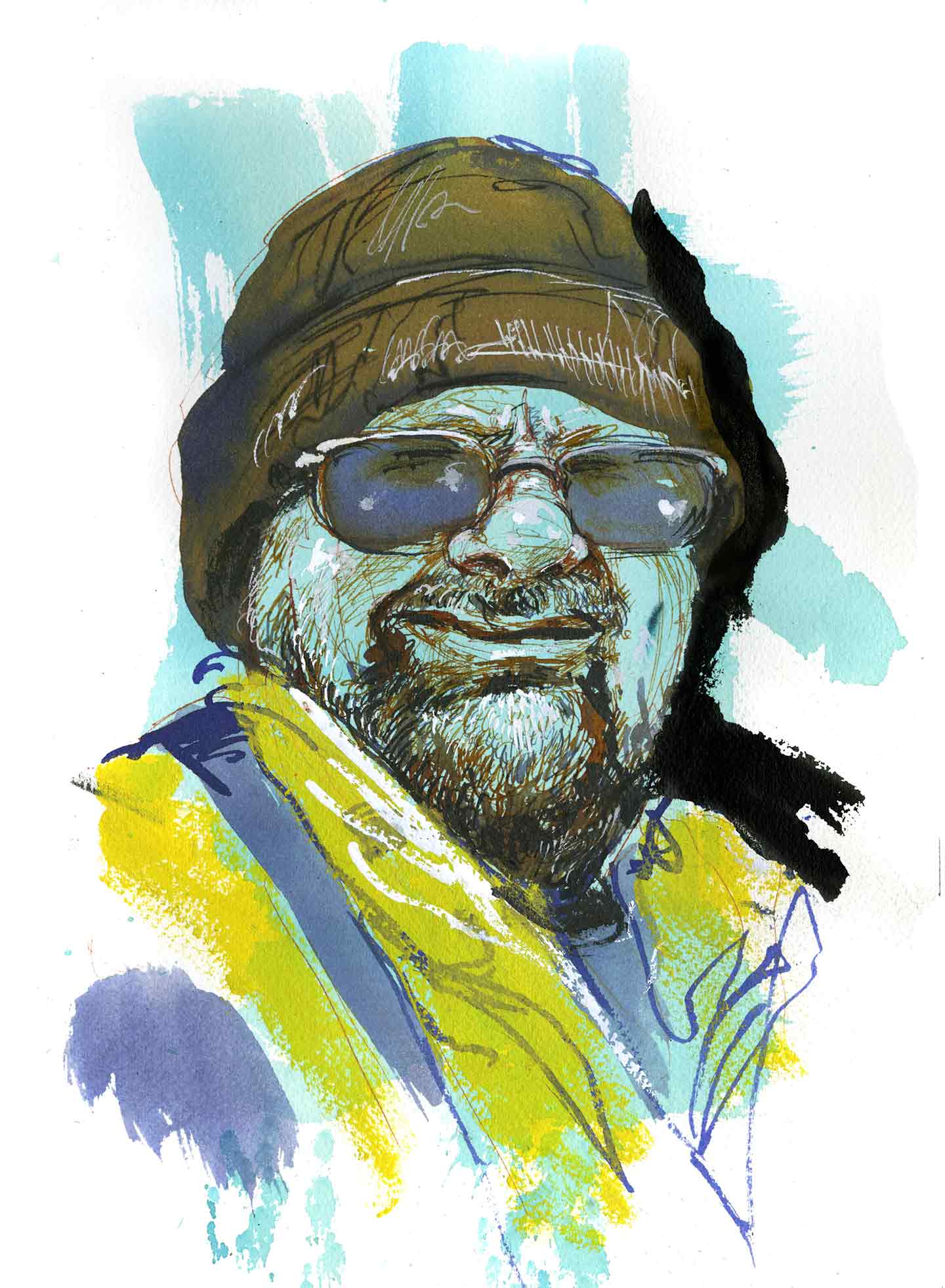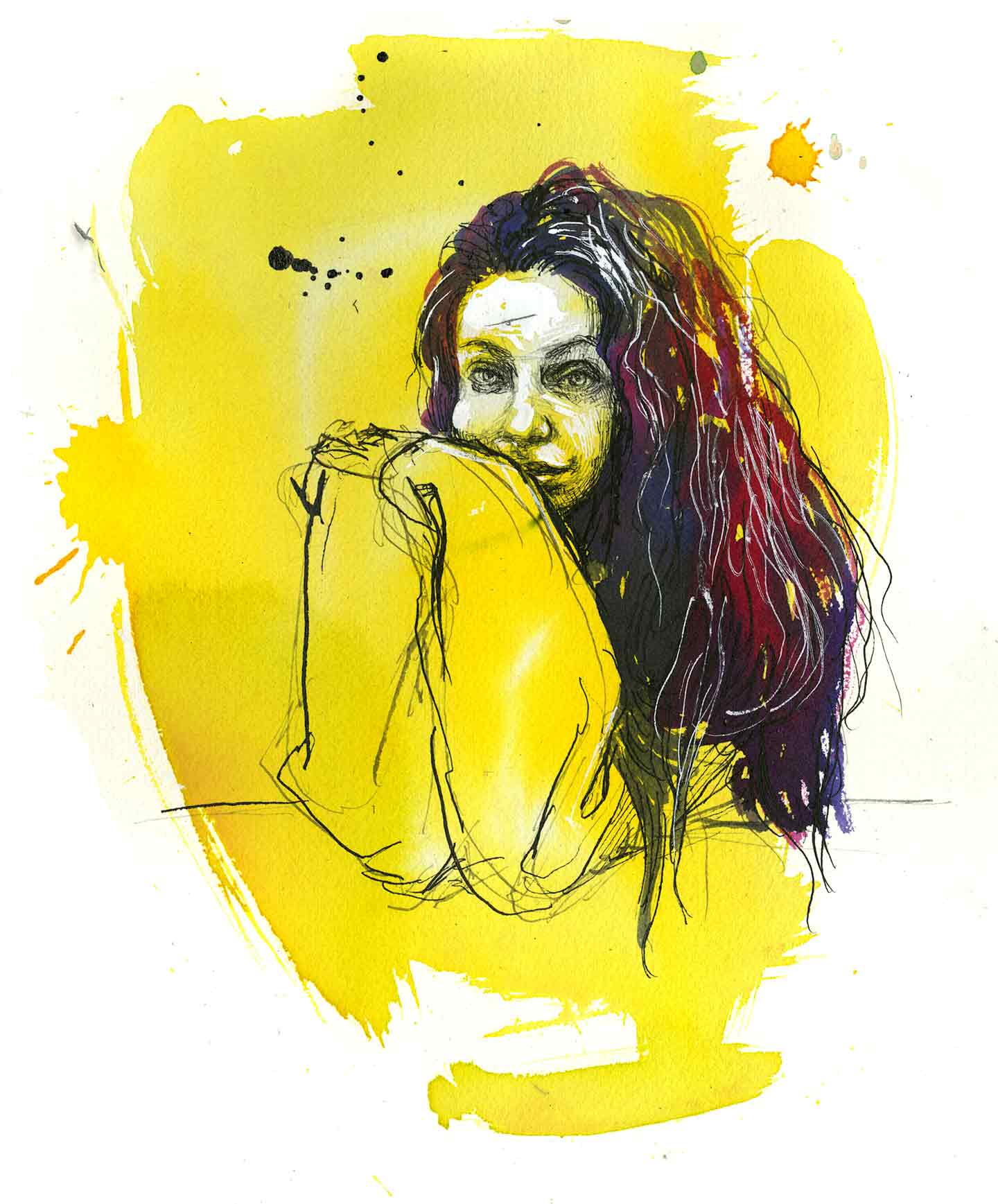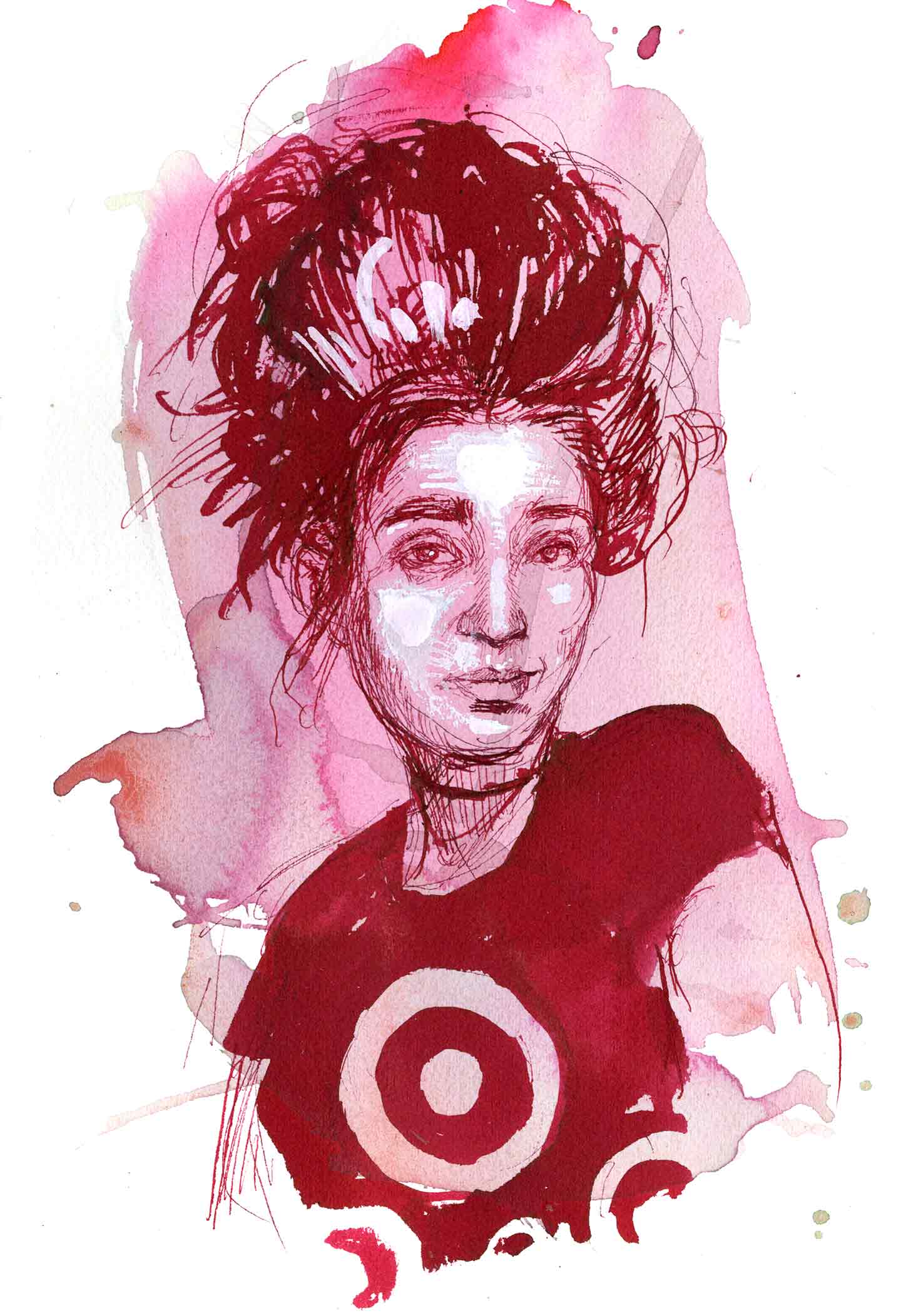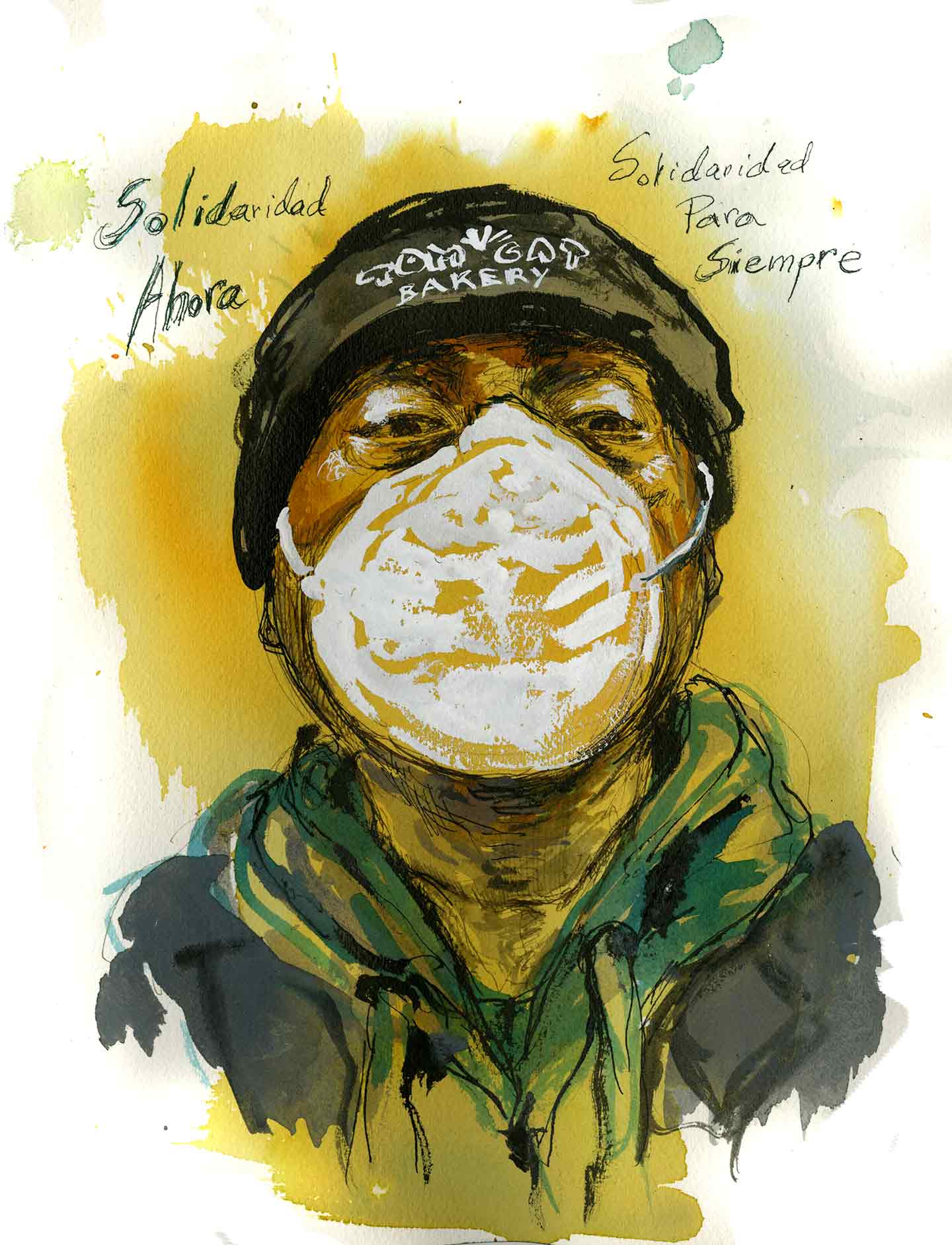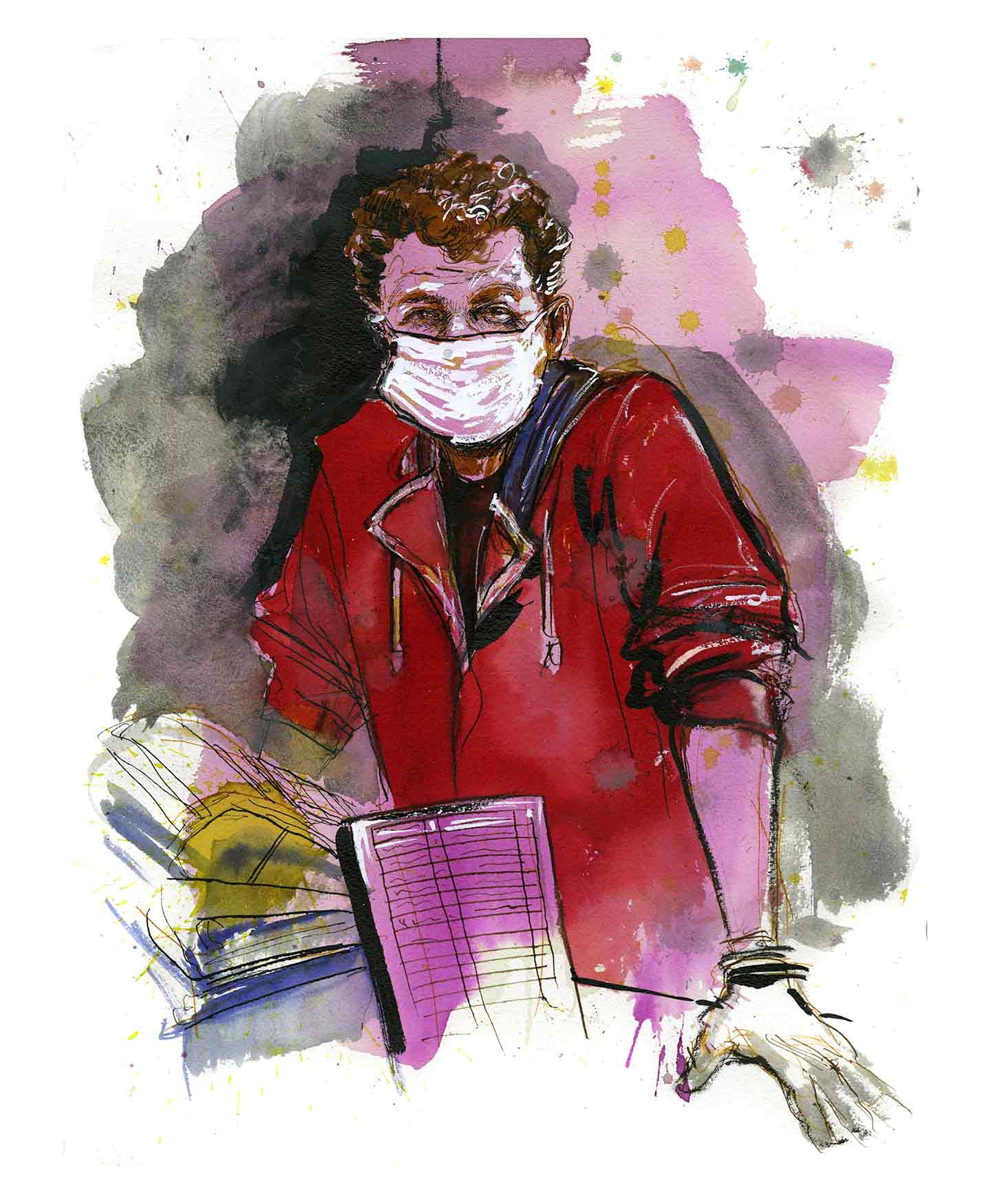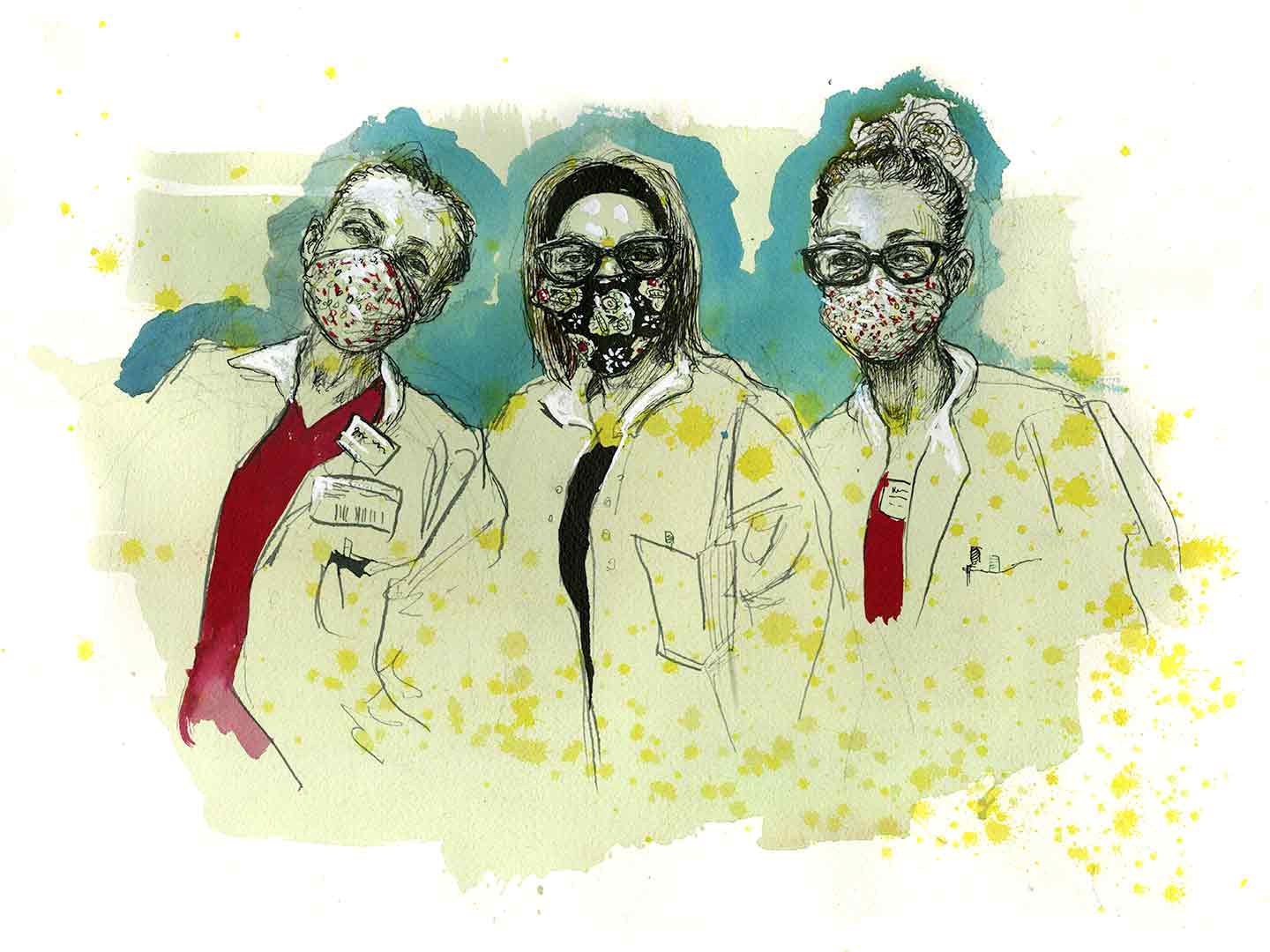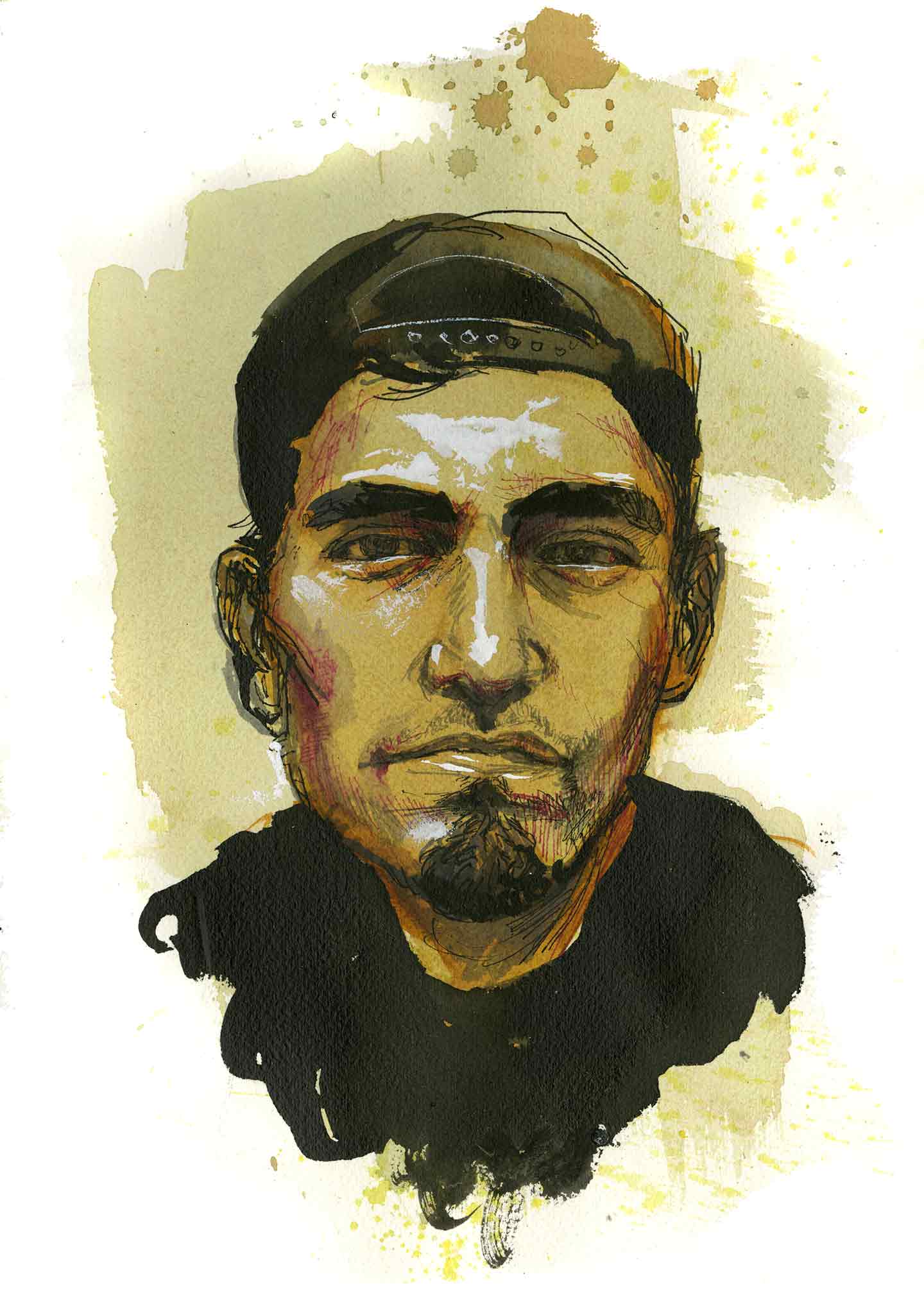EDITOR’S NOTE: The Nation believes that helping readers stay informed about the impact of the coronavirus crisis is a form of public service. For that reason, this article, and all of our coronavirus coverage, is now free. Please subscribe to support our writers and staff, and stay healthy.
I’m tired of reading interviews with eminent writers where they talk about the lessons “we” have learned from the crisis. By “we” they mean financially secure people who work from home and have more time to bake. I wonder, does this “we” include the newly immiserated members of the middle class who saw their entire means of making a living disappear? And why does it never include those essential workers whose scorned labor turns the earth?
As I write this, it’s over a month into lockdown, and more than 16,000 of my fellow New Yorkers are dead. I am one of the lucky ones. I have always worked from home, and can still churn out drawings for scattered freelance clients. But every day, I do a drawing of a worker who doesn’t have that luxury. Dozens of people across the country sent me their selfies to use as reference. They are sanitation workers and nurses. They stock the shelves at grocery stores, dispatch 911 calls, and pick crops. Some I have never met. Some are old friends, or their parents. Without them, the bored, confined “we” presumed by eminent writers would rapidly starve to death.
There are many lessons to be learned from this horrible disease, but one is that the people who grow the food and lug the boxes and tend the sick have the power to make the world stand still. As the wildcat strikes across the country show, they are using this power to demand their due for all that they have created.

